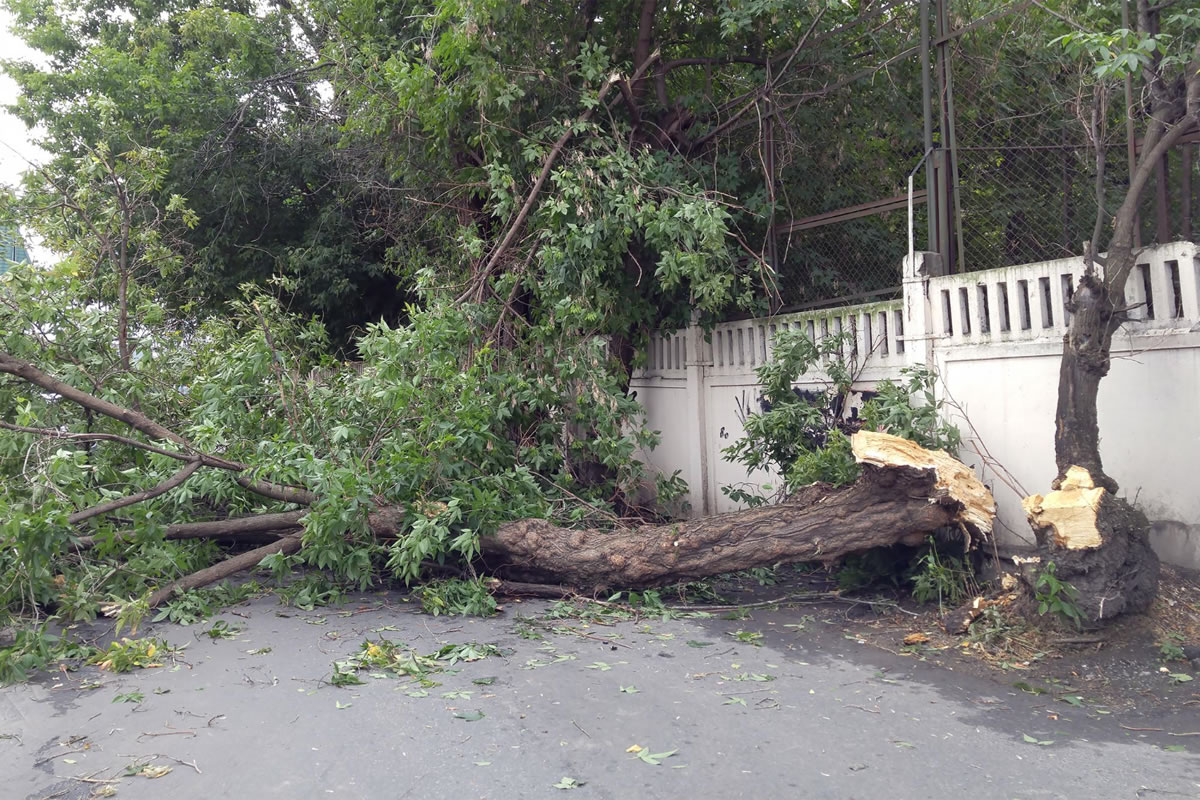 (888) 979-7969
(888) 979-7969
 (888) 979-7969
(888) 979-7969

Insurance claims for wind damage can be tricky. Some policies go into little detail about wind damage covered under the policy. Out public insurance claims adjuster in Central Florida wants to help you understand your policy with what you need to know about wind damage claims.
The average homeowners' policy typically covers wind damage caused by a storm because it is one of the main risks to your property. There are only two disasters not customarily covered by typical policies: earthquakes and floods. However, sometimes there are storms that create flooding and windy conditions, so it may be challenging to determine which event has caused which damage. A public claims adjuster can help in a situation like this.
If you have wind damage to your roof, your insurer is legally obligated to repair or replace it, whichever is cheaper. This may sound pretty basic, but problems can arise in practice. For example, adding new materials may lead to cosmetic inconsistencies if your shingles have aged and discolored, but complete replacement is outside of your insurance compensation. In many cases, homeowners replace the roof when it is near the end of its expected life and simply pay the difference.
Many standard homeowners' policies have a built-in anti-concurrent causation clause stating that when two disasters happen simultaneously, and the homeowner only has coverage for one, the insurer does not have to cover the damages. So basically, if a wind storm blows your roof off and then your house floods, your insurance can refuse to cover the damages because the policy does not include flood insurance.
In most areas of the country, wind damage is standard in every policy. However, consumers are charged extra for wind coverage in certain windy parts of Texas. In addition, some insurance companies in Texas refuse to cover wind damage at all. On the other hand, Florida state law requires insurers to cover hurricane-related wind damage. Still, there are some exclusions for high-risk areas that must seek coverage elsewhere. So be sure to double-check your policy to understand your coverage better.
When a significant windstorm hits, contractors from all over will travel to the area in hopes of cashing in on some of the damage claims. Unfortunately, these storm-chasing damage contractors might not provide the highest level of service and quality, making it critical to work with local contractors who are reliable and trustworthy. Also, contrary to popular belief, you do not always have to submit three estimates to your insurance company. Instead, speak with your insurer to confirm the number you need because each policy is different.